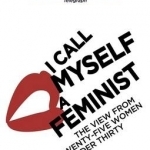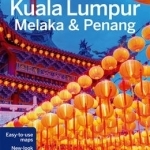
Lonely Planet Kuala Lumpur, Melaka & Penang
Lonely Planet and Simon Richmond
Book
Lonely Planet: The world's leading travel guide publisher Lonely Planet Kuala Lumpur, Melaka &...

Lean Production Simplified: A Plain-Language Guide to the World's Most Powerful Production System
Book
Following in the tradition of its Shingo Prize-winning predecessors, Lean Production Simplified,...
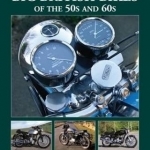
Big British Bikes of the 50s and 60s: Thunder on the Rocker Road
Book
In the 1950s and '60s the British motorcycle industry was at its postwar peak, with its...
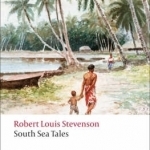
South Sea Tales
Robert Louis Stevenson and Roslyn Jolly
Book
The literary world was shocked when in 1889, at the height of his career, Robert Louis Stevenson...
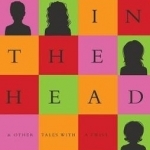
All in the Head: & Other Tales With a Twist
Book
This compelling collection of 18 short stories gives an insight into the psychological response to...
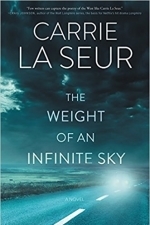
The Weight of an Infinite Sky
Book
The critically acclaimed author of The Home Place explores the heart and mystery of Big Sky Country...
fiction
Mariafrancesca (30 KP) rated I Call Myself A Feminist: The View from Twenty-Five Women Under Thirty in Books
Apr 7, 2019

Sastodeal App
Shopping
App
Sastodeal is one of Nepal’s leading E-Commerce portal. We are a one stop online store for genuine...
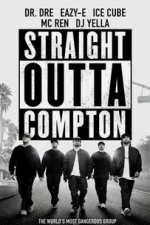
Straight Outta Compton (2015)
Movie Watch
In 1988, a groundbreaking new group revolutionizes music and pop culture, changing and influencing...

The Rule of Law in the European Union: The Internal Dimension
Book
This is a book about the internal dimension of the rule of law in the European Union (EU). The EU is...
